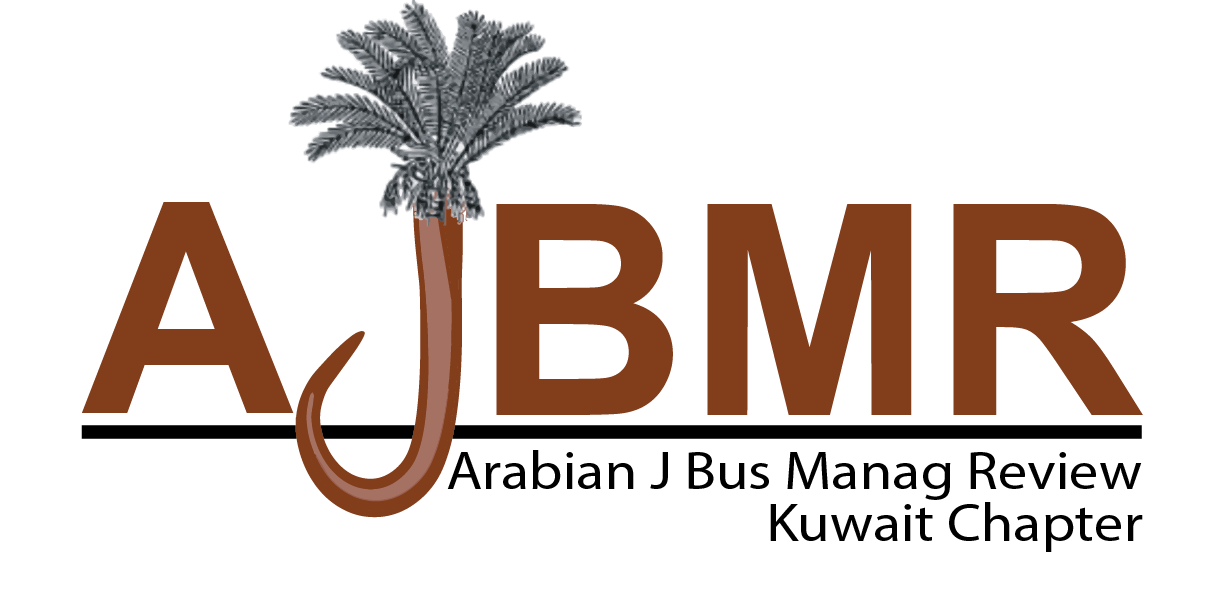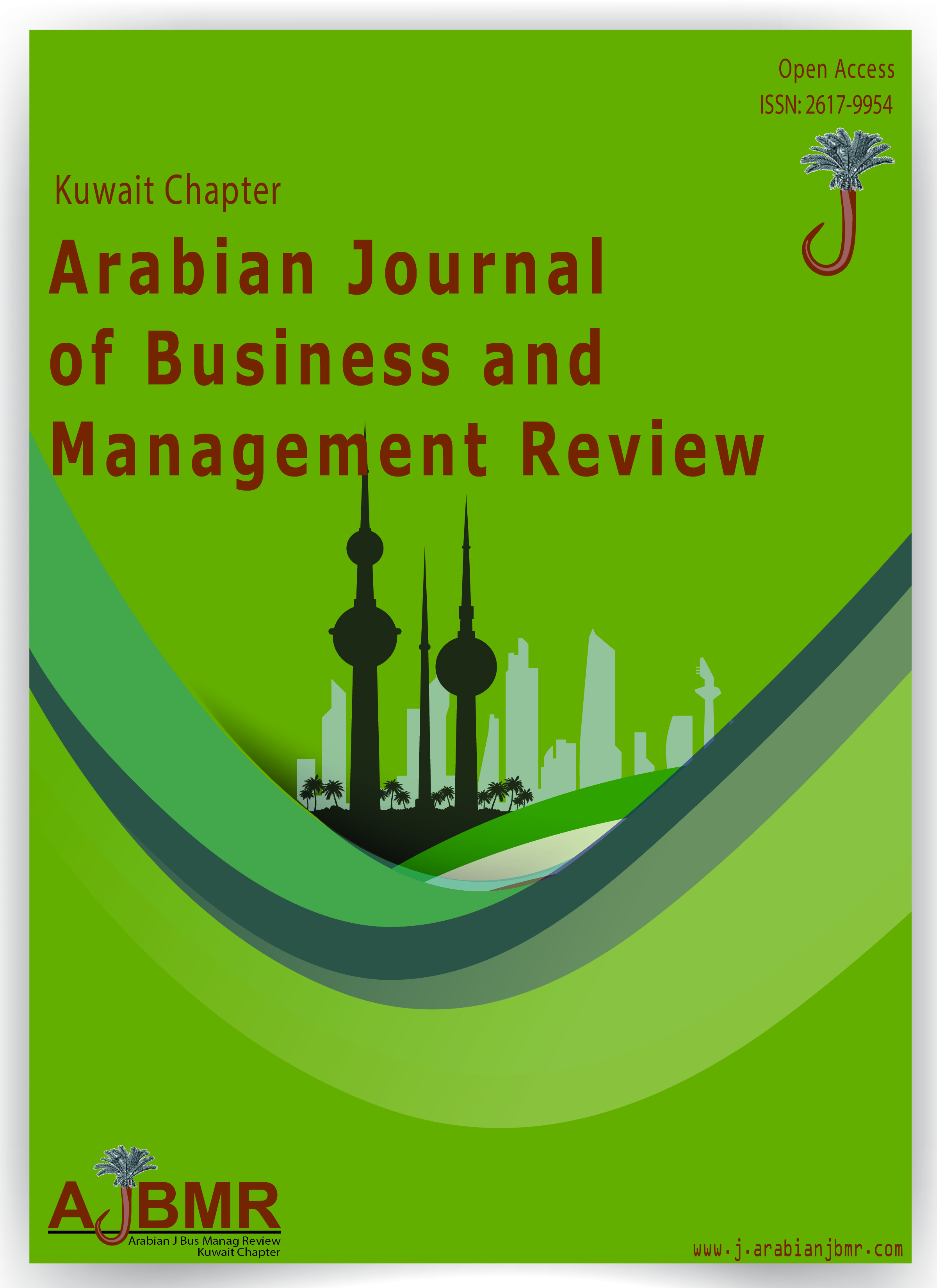LONG-HAUL TRAVEL ATTITUDE CONSTRUCT AND RELATIONSHIP TO BEHAVIOR (THE CASE OF RASHT TRAVELERS)
Keywords:
long-haul travel, attitude, need recognition, molar MEVA, multinomial logistic analysisAbstract
Consumer’s attitude has been extensively examined in general marketing literature.Empirical work in tourism is
also abundant on the subject. However, most extant tourism studies were lacking in conceptual foundations.
This was particular evident in the research field of long-haul pleasure travel. The current study was designed to
contribute to the field by applying the conceptual molar model of multidimensional expectancy-value attitudes
(MEVAs) to the study of long-haul travelers, with two specific objectives: 1) identifying an attitude construct of long-haul pleasure travel, and 2) examining the relationship between the elements of the construct and the need recognition of long-haul pleasure travelers. Using a secondary survey data, the study identified the attitude construct as consisting of the eight dimensions of travel arrangement, price-value, travel aversion, timing of travel, cold winter avoidance, preference for winter attractions, novelty and activity level, and length of travel. It was found that the first six of the dimensions were useful in predicting the likelihood of an individual to
be a traveler, intender, or nonintender of long-haul pleasure travel. The study concluded that the conceptual molar model of MEVAS was appropriate and applicable in studying the attitude-behavior relationship for longhaul pleasure travel.
Downloads
Published
How to Cite
Issue
Section
License
Copyright (c) 2011 Shina Zinali, Bahman Akbari, Mahnaz Khosrojavid, Amir Golbandi Haghight, Shahram Gilaninia, Seyyed Javad Mousavian

This work is licensed under a Creative Commons Attribution 4.0 International License.






